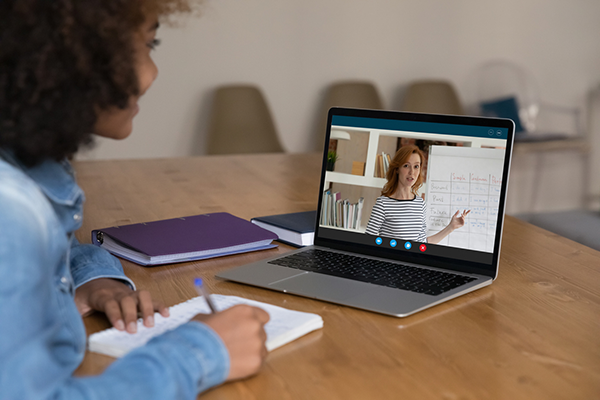
What is High-Impact Tutoring?
How Frequent Tutoring Makes a Difference
Sometimes referred to as high-intensity tutoring, or high-dosage tutoring, high-impact tutoring is defined as one-on-one (or sometimes small group) tutoring at least three times a week for an extended period of time, like a semester or an entire school year.
A recent study published by Brown University, The Impressive Effects of Tutoring on PreK-12 Learning: A Systematic Review and Meta-Analysis of the Experimental Evidence, evaluated the effectiveness of PreK-12 tutoring by looking at data from dozens of experiments and studies. The paper they published on their study can be found here, but these are some of their conclusions, “We find that tutoring programs yield consistent and substantial positive impacts on learning outcomes, with an overall pooled effect size estimate of 0.37 standard deviation. Effects are stronger, on average, for teacher and paraprofessional tutoring programs than for nonprofessional and parent tutoring. Effects also tend to be strongest among the earlier grades. While overall effects for reading and math interventions are similar, reading tutoring tends to yield higher effect sizes in earlier grades, while math tutoring tends to yield higher effect sizes in later grades. Tutoring programs conducted during school tend to have larger impacts than those conducted after school.” They clarified that the “after school” tutoring they refer to here is with parents and non-professionals, which is why it was considered to not have as large of an impact.
The Goal of Tutoring
The overall goal of tutoring is to provide the personalized support that each student needs. For some, this will be remedial help with subjects in which a child needs to get caught up with their peers. In other cases, tutoring can provide supplemental practice in subjects that help a student maintain progress. And for some students, tutoring can provide enrichment in subjects of interest that they cannot get in class at school. The best way to provide support in each of these models is by giving each student the one-on-one attention and instruction that they can’t get in a classroom scenario with dozens of other students vying for the teacher’s attention. And, as the studies have shown, professional highly-qualified tutors provide the best results.
Different Tutoring Formats
On-site tutoring is generally in small groups, at brick and mortar learning centers, often specializing in one subject area, like math. Students enroll in these sessions and usually follow a curriculum and lesson plans created by the vendor.
Online homework help is available from a number of resources, and is helpful for the student who has a quick question or two or is stuck on a specific issue that they need one-time help with. These services are often staffed by other students.
Self-paced online resources aren’t actually considered tutoring, but are available as enrichment and don’t usually include any contact with a tutor.
In-school tutoring is offered in many schools, and may be one-on-one or small groups, with sessions taking place during the school day, or before or after school.
In-person, one-on-one tutoring is often conducted in the student’s home, the tutor’s home, or in a public place like a library or coffee shop. This type of tutoring can include homework help, or specific remedial support in a given subject area.
Online, one-on-one tutoring is very much like the in-person version, but takes place over an internet video chat platform like Zoom or Google Meet. The online format makes scheduling much more convenient for both the tutor and the student and still provides the individual, personalized support and attention the student needs.
Key Elements of High-Impact Tutoring
According to the Texas Education Agency, high-impact tutoring needs to include these 6 key elements:
- Well-trained, consistent tutor who builds a strong relationship with students. Research indicates that teachers, paraprofessionals, college students, and other types of tutors can all be effective when tutoring one-to-one or in small groups.
- High-quality instructional material aligned to standards and core classwork, focusing on addressing missed concepts and skills
- One-to-one or small group (three or four students) for individualized support
- Embedded in the school day or just before or after, to maximize student access
- At least three sessions per week, 30 minutes minimum
- Data-driven with tutors building and delivering sessions around student strengths and needs
High-Impact Tutoring with TutorUp
All of our tutors are certified, experienced classroom teachers who build their tutoring sessions around the specific needs of each student. All of our sessions are online, one-on-one so the student gets the tutor’s undivided attention. Session length and frequency are completely flexible and can be customized for each tutor’s/student’s convenience. For more information, or to talk with a tutoring consultant, fill out the form below or call 877-TutorUp (877-888-6787).

